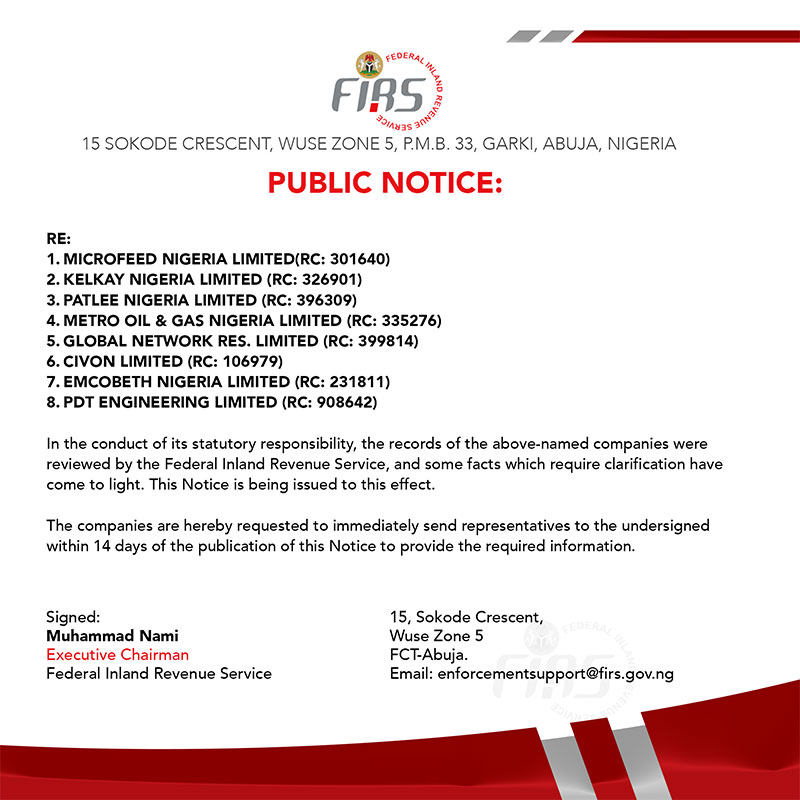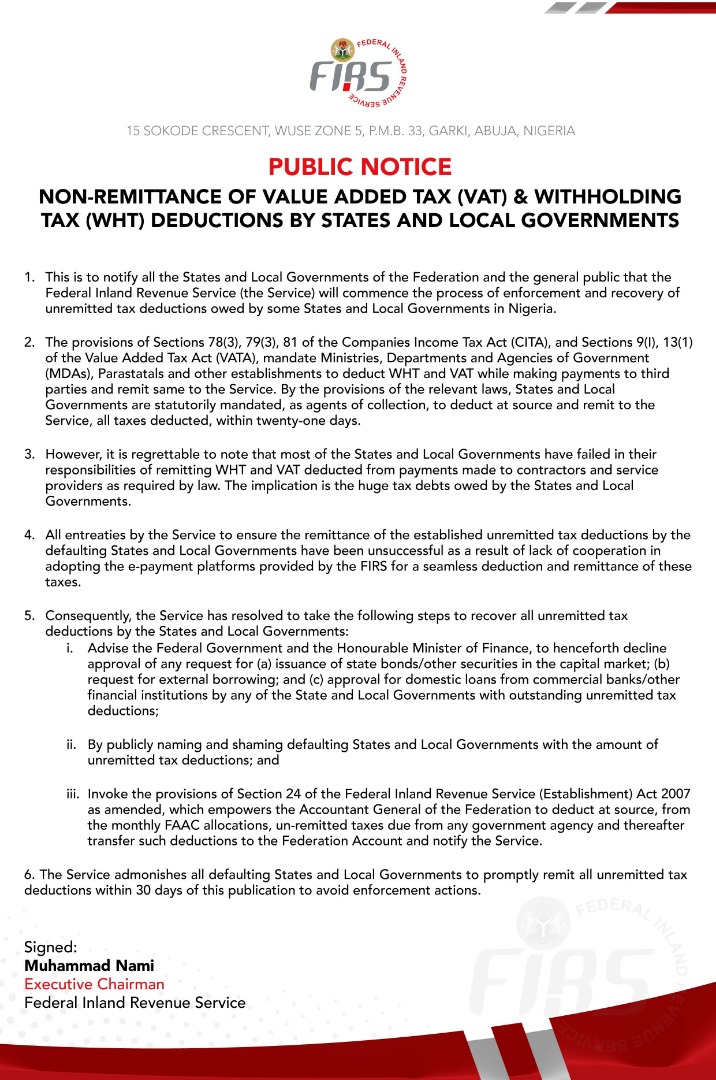Being a paper presented at the 4th Annual Senator Abiola Ajimobi Roundtable held at Senator Abiola Ajimobi Resource Centre, Institute for Peace and Strategic Studies, UI
The importance of security can not be overemphasized. It is requisite to the conduct of free, fair and credible elections in Nigeria. In planning, coordination and deployment matters relating to electoral processes, well-coordinated security is a fundamental requirement for success.
Adequate security ensures the free movement of electoral staff, materials, voters, candidates and observers on election day. It is pertinent to note that adequate security is a crucial pre-condition for the deployment of valuable electoral assets and sensitive materials to registration and polling sites.
Adequate security increases the level of participation of political parties, voters and candidates in election. This also enables a more objective coverage of events by the media and easier circulation of voters’ education, message and materials. Election security is an issue that cannot be left to security agencies and electoral management bodies alone, all other stakeholders such as the media, the NOA, CSOs etc have a significant role to play in the task of securing the electoral environment.
Elections play a vital role in a free and fair society. In every election, there will be plans in place for the secure transfer and storage of election materials especially ballots and ballot boxes. Safeguards to any technologies used in the election process should also be adopted to prevent hacking or manipulation.
Potential for violence in election periods come from political, economic and social dimensions of a society. Civil society, through CSOs, religious and traditional leaders, trade unions and the media also play vital roles in creating a secure electoral environment by mediating, building intolerance against violence and enhancing public confidence in experiencing secure electoral participation. In Nigeria, plans for electoral security take into account such activities by civil society.
The security plan for a given election must take into account the implications of deploying armed personnel. Electoral security requires more comprehensive measures than deployment of security forces.
The physical security of election materials is also important. The people and the electoral contestants must be informed of this aspect of electoral security to have confidence in the integrity of elections. The institutions involved in the security framework should be transparent, non-partisan and unbiased. The people should be able to see that effective measures are being developed to provide electoral security. Information about election security can reinforce citizens’ trust in the process.
According to Kofi Annan, good governance flows under legal and ethical principles and conceived by society with the capacities of a political system to exercise authority, command legitimacy, adjudicate conflicts and carry out the needed programme for implementation.
GOOD GOVERNANCE
Good governance includes political stability, the rule of law, leadership devoid of corruption and observance of accountability. Others include the manner power is exercised for the management of a country’s economic and social resources for the interest of all with a capacity for efficient problem-solving and conflict resolution.
Generally, governance is the exercise of power or authority by political leaders for the well-being of their country’s citizens or subjects. It is the complex process whereby some segments of the society wield power and enact and promulgate public policies which directly affect human and institutional interactions and social development. As such a great deal about governance is the proper and effective utilisation of resources.
Good governance is based on good leadership, respect for the rule of law, due process, accountability of the political leadership to the electorate and transparency in the operation of government. It imposes demands on policy makers in their exercise of power in a state that has enabling political environment for effective distribution of resources to improve the living conditions of the people.
Some characteristics of good governance are:
1. Adequate mobilization and utilization of resources.
2. Transparency, effectiveness and efficiency in handling offices.
3. Accountability and responsiveness in leadership and in public service.
4. Self-sacrifice and unprejudiced service to the people.
Therefore, good governance encapsulates issues of equity, equality, justice and fair play in the distribution of goods and services to provide and enhance the quality of life of the people, irrespective of their class, status, religion etc.





























